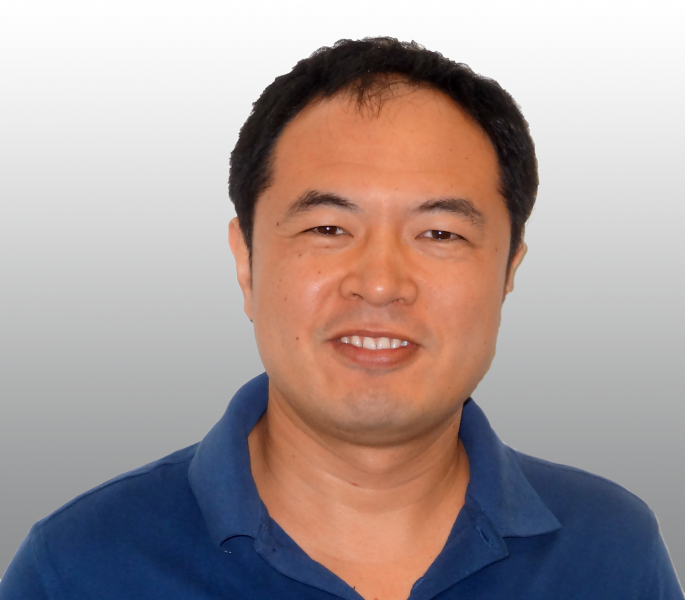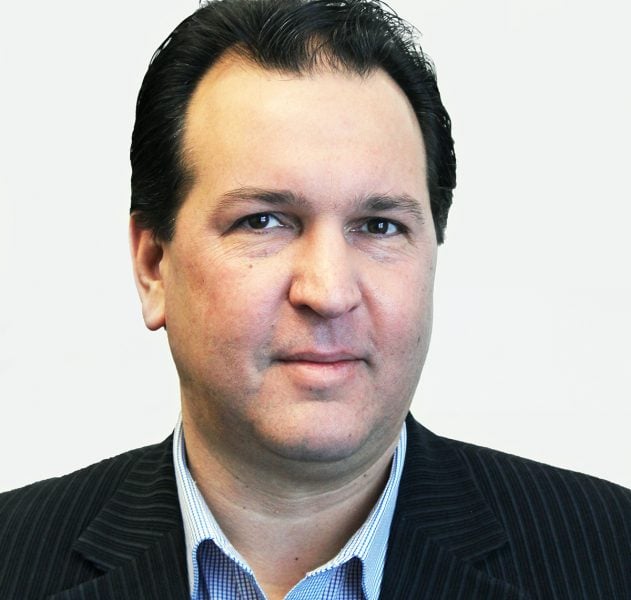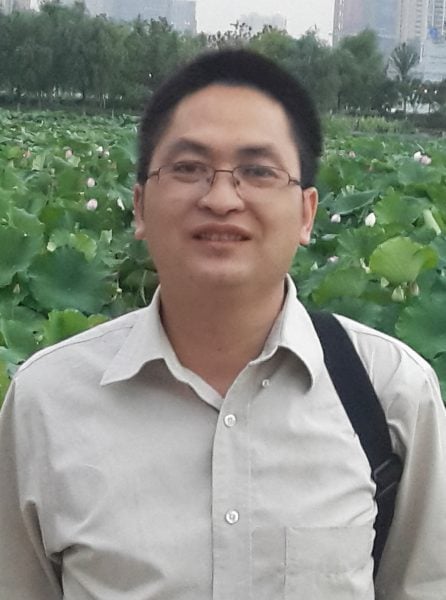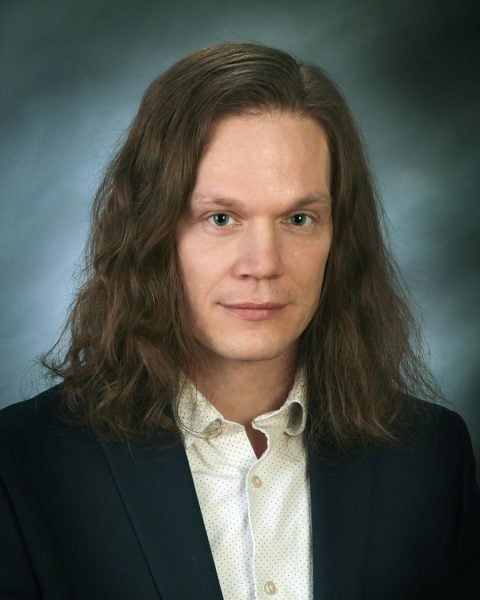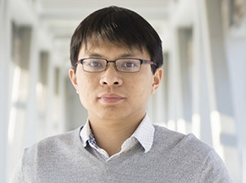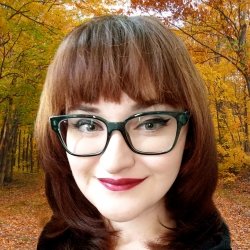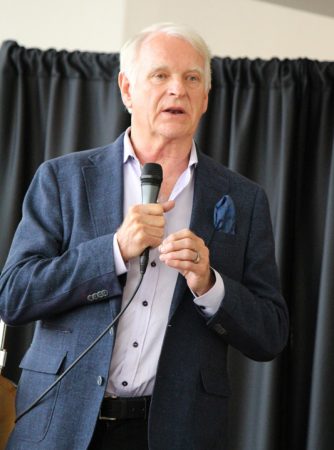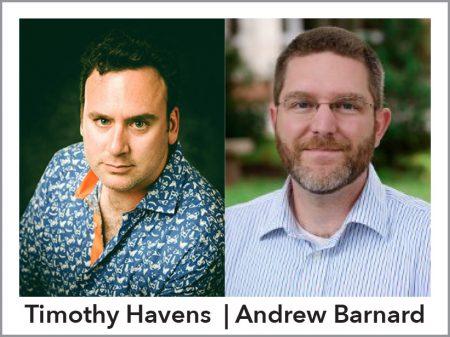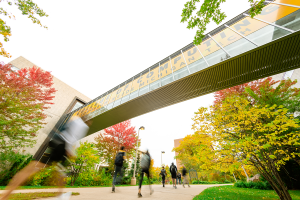
The College of Computing is pleased to announce that it has awarded five faculty seed grants, which will provide immediate funding in support of research projects addressing critical needs during the current global pandemic.
Tim Havens, College of Computing associate dean for research, said that the faculty seed grants will enable progress in new research that has the potential to make an impact on the current research. Additional details will be shared soon.
Congratulations to the winning teams!
Guy Hembroff (AC, HI): “Development of a Novel Hospital Use Resource Prediction Model to Improve Local Community Pandemic Disaster Planning”
Leo Ureel (CS) and Charles Wallace (CS): “Classroom Cyber-Physical Simulation of Disease Transmission”
Bo Chen (CS): “Mobile Devices Can Help Mitigate Spreading of Coronavirus”
Nathir Rawashdeh (AC, MERET): “A Tele-Operated Mobile Robot for Sterilizing Indoor Space Using UV Light” (A special thanks to Paul Williams, who’s generous gift to support AI and robotics research made this grant possible)
Weihua Zhou (AC, HI) and Jinshan Tang (AC, MERET): “KD4COVID19: An Open Research Platform Using Feature Engineering and Machine Learning for Knowledge Discovery and Risk Stratification of COVID-19″
